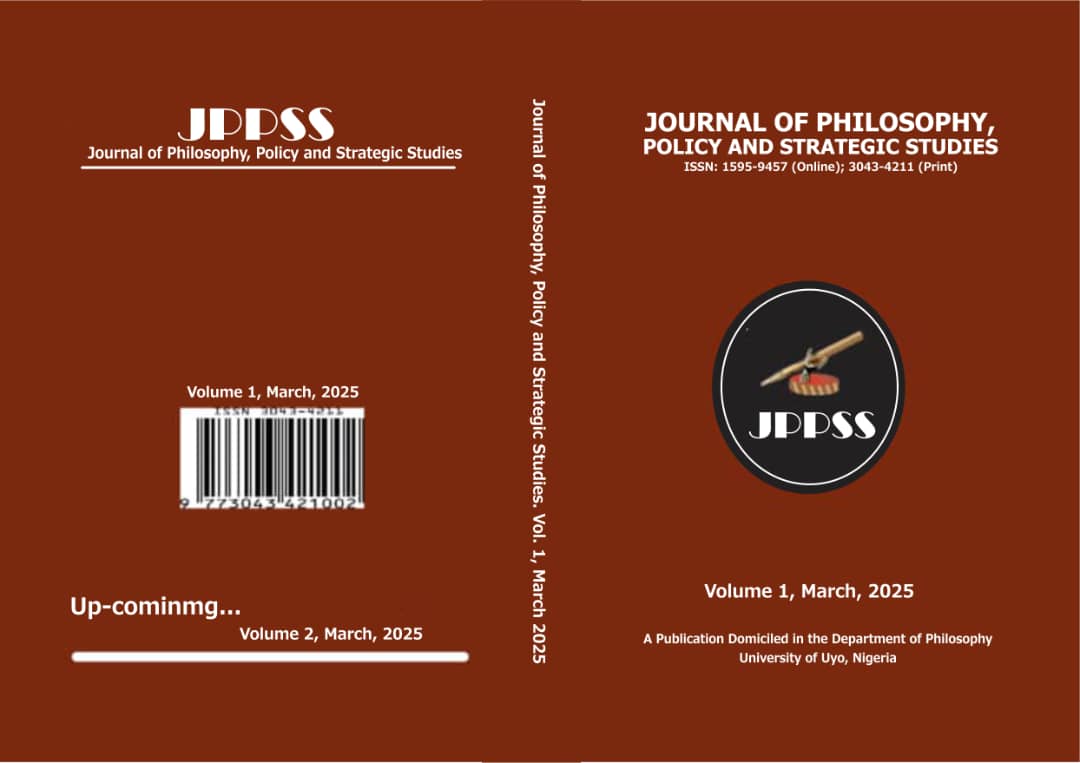A CRITIQUE OF SYMBOLISM IN AFRICAN RELIGION AND SOCIO-CULTURAL WORLDVIEW: THE SOUTHWEST NIGERIAN EXPERIENCE
By
Sunday Funmilola Babalola
&
Ubong Iniobong Isaac
Department of Philosophy and Religious Studies
Joseph Ayo Babalola University, Ikeji-Arakeji
Osun State, Nigeria
Abstract
African religion is replete with symbolism. This can be observed in the daily usage of both religious and common languages. Notably, symbolism in this context is comprehensive and conveys more than its basic meaning. It encompasses the use of religious language in a highly symbolic manner. This study explores the reality of symbolism and its profound role in the socio-cultural existence of southwestern Nigerians. To achieve factual accuracy, the study delves into the cosmological conception of the Yoruba people. Philosophical critique serves as the research tool, allowing for a rigorous analysis of the reality and application of symbolism within the community. Secondary data were sourced from archival materials, journals, and other scholarly works to reinforce the study’s intent. Findings reveal that the African, particularly Yoruba, religious worldview is deeply entrenched in symbolism, which holds significant value for the people’s existence. Furthermore, symbolism in Yoruba religious practices and socio-cultural worldviews is well established. The study also addresses critiques from some Western scholars who argue that Africans lack an understanding of religious symbolism. Contrary to these claims, findings highlight that religious language, artistic representations, and communal beliefs function as vital mediums for preserving historical continuity, moral values, and spiritual connectivity. This research contributes to a broader understanding of African religious epistemology and underscores the intellectual depth of Yoruba religious traditions.


